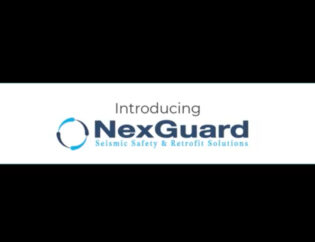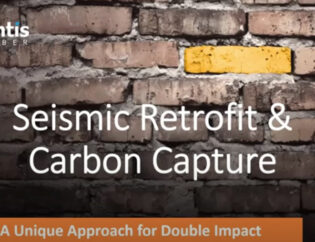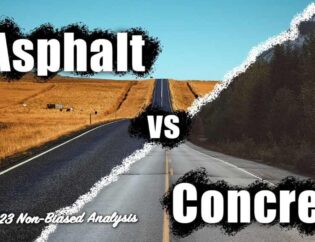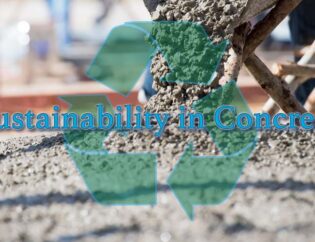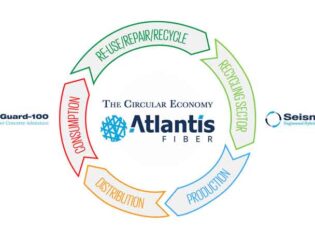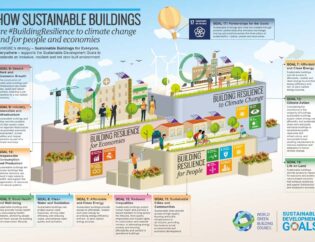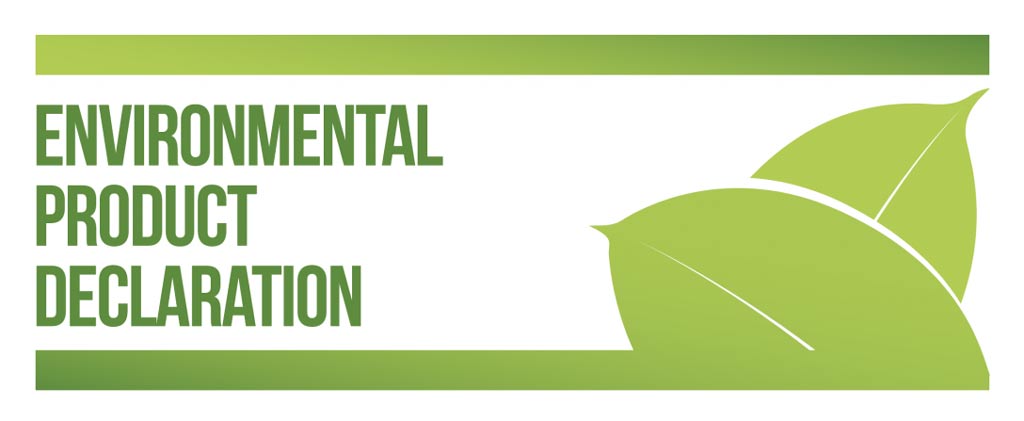
IRVING, Texas, June 25, 2020, PRNewswire-PRWeb | — Lehigh Hanson, Inc. is pleased to announce that its Lehigh Cement operations have published the first cement plant-product specific Environmental Product Declarations (EPDs) utilizing the new North American Product Category Rule (PCR).
Published on June 1, 2020, these EPDs clearly show the immediate Global Warming Potential (GWP) in Kg of CO2 equivalent reduction when ordinary portland cement (OPC) also known as GU/Type I/II is switched to EcoCem®PLC. Concrete mixtures incorporating EcoCemPLC could reduce the GWP by as much as 10% below the use of OPC. As ready mixed concrete producers strive for Lower Carbon Concrete (LCC), they are increasing their use of EcoCemPLC and supplemental cementitious materials (SCMs).
The motivation behind the EcoCem brand of products is to reduce the embodied carbon of cement and concrete. The company introduced EcoCemPLC to the Vancouver market in 2011 as an environmentally responsible cement that delivers excellent performance while dramatically reducing the typical CO2 emissions. Lehigh Cement plants in Delta, B.C., and Picton, Ont., along with the assistance of many proactive ready mixed concrete customers, have placed enough EcoCemPLC into their markets since its introduction this past decade to take the equivalent of nearly 35,000 cars off the road for a year.
As the company continues working to improve the sustainable attributes of construction materials, it has been actively involved with industry-wide EPDs, committees to establish PCRs and serving on sustainability research, environmental and product task forces in Canada and the United States. Lehigh is proud to be the first cement producer to further its sustainability commitment and product transparency by applying the recently updated North American PCR for portland, blended, masonry, mortar, and plastic (stucco) cements published by NSF International, National Center for Sustainability Standards.
Lehigh Cement plants in Delta, B.C., and Bellingham, Wash., have worked with Climate Earth to develop Life Cycle Assessments (LCAs) and plant/product-specific, third party verified EPDs. These plants disclosed environmental impact data specific to the following three cement products manufactured at each facility:
- General Use Limestone (GUL) or Type IL named EcoCem®PLC
- General Use (GU) or Type I/II
- High Early (HE) or Type III)
Lehigh is using the National Ready Mixed Concrete Association (NRMCA) for the EPD program operator and the Cement Plant EPDs are published on the NRMCA website:
“We have made it one of our top priorities to benchmark and lower our CO2 emissions with ambitious targets,” said Shawn McMillan, Vice President of Cement Sales & Logistics for Lehigh Hanson’s Canada Region. “Much like food nutrition labels highlight calorific values, our plant and product-specific EPDs communicate the environmental impact through GWP for cement in a simple and easy-to-understand manner. We intend to use the added product transparency to more effectively gain adoption for our lower carbon products. We have several research projects and studies ongoing to continue to optimize the carbon impacts from cement and concrete.”
Lehigh Hanson is committed to operating in a safe and environmentally responsible manner and will continue to actively advocate for the use of resilient construction materials while also supporting sustainable construction practices. The company strongly supports the whole building life cycle assessment for improving upfront decision making on products used in the built environment.
Lehigh Hanson is part of HeidelbergCement, a global leader who has received the highest “A” rating for a cement company from the CDP (formerly Carbon Disclosure Project). HeidelbergCement has established a goal of achieving a 30% carbon emission reduction by 2030 (compared to 1990 baseline) and a vision to realize CO2-neutral concrete by 2050 at the latest.
The Environmental Product Declaration is primarily intended to facilitate business transactions. Companies will implement an Environmental Product Declaration in order to improve their sustainability goals and to demonstrate a commitment to their transparency and commitment to the environment and their customers. If you would like to talk about your environmental concerns, please contact us and we can talk about how the environment is a big part of our mission.
